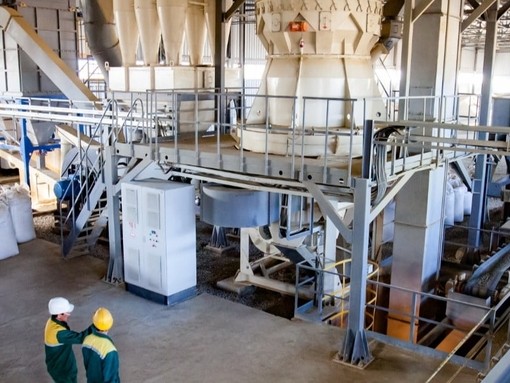
How to be a... Quantity Surveyor
Contents
Quantity surveyor jobs are in demand across the country, thanks to a growing number of high-profile projects taking place. Read on to learn how to become a quantity surveyor and to discover whether a career as a quantity surveyor is the right fit for you.
RATES
£18-45k
HOT SPOTS
Hinkley Point C / HS2
QUALIFICATIONS
Degree (RICS, APC)
What do quantity surveyor jobs involve?
Quantity surveyors are responsible for overseeing construction projects of all shapes and sizes. In this role, you’ll seek to keep costs down and maximise value for money, while ensuring the project meets all the necessary standards and requirements. You’ll also play a key role in managing and minimising risks.
On a day-to-day basis, your responsibilities can include:
Preparing contract documents
Completing costs analysis
Performing risk assessments
Monitoring subcontractors
Providing advice on legal matters
Working out bills of quantities and costs of materials
Writing progress reports and more.
What is a quantity surveyor’s salary?
Quantity surveyor jobs vary in salary, depending on the employer and scope of the project you’re working on. As well as your level of experience and any additional qualifications you may have. Completing professional qualifications and gaining chartered status is an excellent way to maximise your earning potential.
Starting salaries for quantity surveyors usually range from around £18,000 to £30,000. This figure increases as you progress through your career. More experienced professionals in senior quantity surveyor positions can see their salaries go up to anywhere between £45,000 and £80,000.
Performance-led bonuses are common in this field, giving you additional opportunities to boost your salary if you hit your targets.
These figures are intended as a guideline only.
What skills do I need to be a Quantity Surveyor?
To be successful, quantity surveyor jobs require you to be able to think both practically and creatively and be able to come up with unique and innovative solutions to problems. You’ll need to be highly organised, and confident in your planning and multitasking abilities.
You will be seen as a primary contact for a wide range of stakeholders in the project, so good written and verbal communication skills are essential. Leadership skills are also important as you’ll need to be able to motivate those around you on site.
To be able to keep track of costs and ensure the project remains on budget, you’ll need strong numeracy and financial management skills. As well as the ability to utilise a range of sophisticated IT packages.
Finally, you’ll need an in-depth knowledge of construction processes, materials and legislation, and a willingness to keep this knowledge up-to-date.
What qualifications do I need?
There are a number of different routes you can take into this field. One of the most common is to complete a degree accredited by the Royal Institution of Chartered Surveyors (RICS). While there are undergraduate degrees available in quantity surveying, you don’t have to have studied this to enter the field.
If you have studied a different subject, you can complete a postgraduate conversion course that has been accredited by the RICS. While your first degree can be in any subject, certain areas will be more useful in providing background knowledge, such as construction, civil engineering, mathematics and geography.
If you don’t have a degree, it is possible to enter this field at a lower level, via an apprenticeship scheme, and work your way up by completing extra qualifications.
To become a fully qualified chartered surveyor, you’ll need to be a member of RICS and complete the Assessment of Professional Competence (APC).
What are the hours and conditions?
The working hours can differ according to your employer and project. If you’re working as a contractor on-site, you can expect to work from around 7.30am to 6pm. Whereas if you’re in private practice of local government, your hours may fit more within the standard 9 to 5. You may also be required to work some evenings and weekends to meet deadlines.
Your time will be split between an office, which may be on or off-site and away from your desk, where the actual construction work is taking place. This means travel will be a regular occurrence, as well as some time spent away from home.
Career progression
The best way to progress your career is to work towards becoming a chartered quantity surveyor. Achieving chartered status demonstrates to potential employers and the wider industry that you’re a highly capable, experienced individual. This makes it much easier to move into senior or consultancy positions.
There are a number of other industry bodies you can become a member of to further your career:
Association of Cost Engineers (ACostE)
Chartered Institute of Building (CIOB)
Chartered Institution of Civil Engineering Surveyors (ICES).
Areas of specialism
Another way to move forward in your career is to specialise in a certain area, becoming an expert in that field. Popular areas for quantity surveyors to specialise in include project management, planning, risk assessment, supply chain demand and contract disputes.
To browse our opportunities across the sector click here.
















